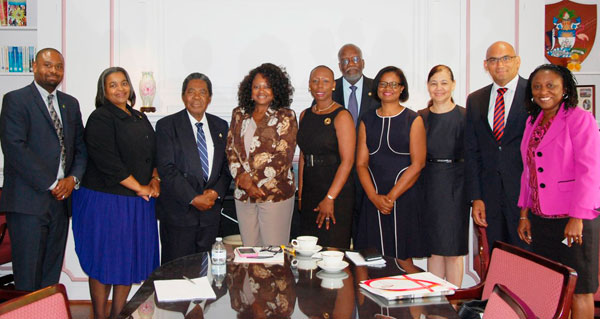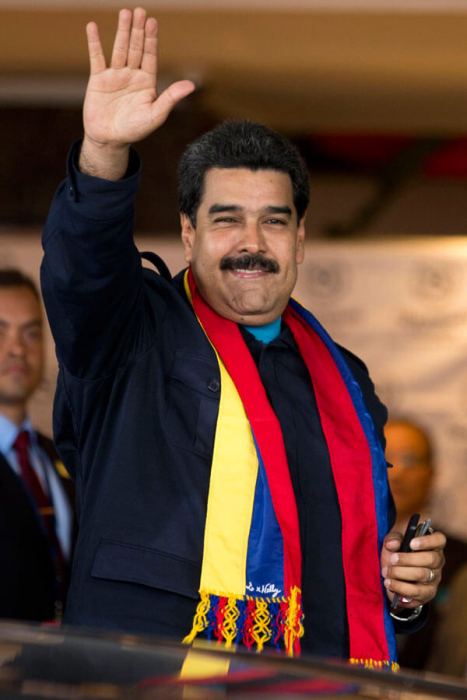Caribbean ambassadors in Washington have been briefed on the Global Health Security Agenda (GHSA) during a meeting hosted at the Embassy of the Bahamas on June 27, 2016.
Professor Goulda Downer, chair of the Caribbean Political Action Committee (C-PAC) and a member of Howard University Medical School Faculty who serves on the GHSA’s Industry Committee spearheaded the meeting.
The goal of GHSA which was launched in February 2014 is to (a) accelerate progress toward a world safe and secure from infectious disease threats and to (b) promote global health security as an international priority. GHSA is a collaborative multilateral and multi-sectoral partnership among governments, international organizations and civil society.
GHSA accelerates action and spurs progress toward implementation of the World Health Organization’s International Health Regulations and other global health security frameworks. The overarching aim of GHSA is to have all countries unite to prevent, detect, and respond to infectious disease threats.
GHSA was initially launched in 30 countries. The U.S. government subsequently announced its intent to invest more than $1 billion in resources to expand the GHSA to other countries. And, in November of 2015, the U.S. announced plans to add the Caribbean Countries (CARICOM) to the list of GHSA countries and help to strengthen the region’s capacity improve its health security.
Downer invited Ambassador Bonnie Jenkins, PhD, a leader in biological, chemical, nuclear and radiological security to address the ambassadors. Dr. Jenkins works closely with international partners to coordinate global security programs and funding. She serves as the U.S. State Department’s Coordinator for Threat Reduction Programs in the Bureau of International Security and Nonproliferation.
Ambassadors Eugene Newry (Bahamas); Patrick Andrews (Belize); Hubert Charles (Dominica); Angus Friday (Grenada); Thelma Phillip-Browne (St. Kitts & Nevis); Elizabeth Darius-Clarke (St. Lucia); and representatives from Jamaica (Ariel Bowen); Suriname (Sylvana Simson-Hew A Kee); and Omari Seitu Williams (St Vincent & the Grenadines) attended the meeting.
Ambassador Jenkins updated the group about the GHSA’s activities. She informed the ambassadors that governments and other GHSA partners are prompted to establish a five-year country roadmap, aimed at achieving specific milestones, and the capacity needed to prevent, detect, and respond to biological threats and other related threats. Regardless of the infectious disease, the healthcare system, employing leveraging an “all hazards” approach, should be strengthened to respond to health threats rapidly and effectively. This is the goal of GHSA and its partners. For its part, GHSA can help provide technical assistance and resources to support the Caribbean regional effort.
Ambassador Jenkins also informed the ambassadors of GHSA Next Generation Leaders (NGL) component. The goal of the NGL is to establish an international community of young professionals and students interested in contributing to global health security. This is a novel component to their agenda, one that the CARICOM should immediately embrace as it allows the next generation of Caribbean leaders to be part of the region’s health security program design. To that end, ongoing dialogue is planned with the Caribbean ambassadors and Ambassador Jenkins.

























